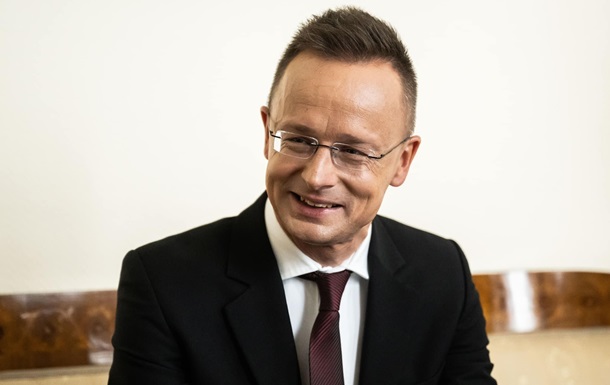### Hungary’s Strategic Shift: Investing in Chad Over Ukraine
In a surprising move, Hungarian Minister of Foreign Affairs and Trade Peter Szijjarto recently revealed that Hungary is reallocating $18 million, money initially intended for military support to Ukraine, to bolster the capabilities of the Chadian Armed Forces. This decision highlights a significant shift in Hungary’s foreign policy and raises questions about the implications for both Chadian and European security.
### Why Chad? A Focus on Security and Stability
During a press conference, Szijjarto outlined the rationale behind this decision, stating, “We aim to create conditions that will enhance the capabilities of the Chadian Armed Forces.” This investment is not just financial; it reflects a broader strategy to provide Chad with essential resources for stability in a region often plagued by conflict and unrest.
#### Key Features of Hungary’s Investment:
— **Training Institution:** A new facility will be established in Chad to train military officers, ensuring that they are better equipped to handle local security challenges.
— **Enhanced Capabilities:** The funds will be directed towards improving technologies and methodologies within the Chadian military, preparing them to better respond to threats.
This commitment is particularly important when you consider that Chad has faced numerous challenges, including insurgencies and instability from neighboring countries. According to recent reports, Chad remains a key player in countering terrorism in the Sahel region, making such support vital.
### Reassessing Europe’s Focus on Ukraine
Szijjarto defensively explained that the decision to withhold funds from Ukraine stems from Hungary’s commitment to promoting a peaceful resolution to the ongoing conflict. «Contributing to a military escalation by supplying weapons does not align with our vision for peace,» he emphasized. This marks a clear departure from the stance taken by many European nations, which continue to support Ukraine amid its conflict with Russia.
##### The Human Element: Local Voices
To put this into perspective, consider the stories of soldiers and civilians in Chad who have suffered from decades of insecurity. By investing in their military, Hungary isn’t just funding defense; it’s nurturing hope for a safer future. For instance, training programs can help transform the lives of young Chadian recruits, leading them towards a path of service instead of suffering.
### Hungary’s EU Dynamics: A Complex Landscape
As Hungary prepares to assume the rotating presidency of the European Union Council, Szijjarto emphasized that their focus will be on facilitating the EU accession of countries such as Georgia and Moldova, while consciously avoiding Ukraine. This stance could have significant ramifications for the future of EU policy.
— **Strained Relations:** A Member of the European Parliament is already pushing for Hungary to lose its voting rights within the EU Council, supported by over 120 MEPs, indicating a growing discontent with Budapest’s current approach.
— **Real Indicators Over Political Pressure:** Szijjarto insists that candidate assessments will be based on factual metrics rather than political motivations, echoing a sentiment many find appealing in today’s political climate.
### Conclusion: A New Path Forward
Hungary’s decision marks a pivotal moment not only for Chad but also for Europe’s geopolitical landscape. By prioritizing stability in Chad, Hungary is aligning itself with international strategies aimed at addressing root causes of conflict through support rather than escalation. This approach not only enhances security in Chad but may also provide a model for how foreign aid can be better utilized in regions with pressing security issues.
As we watch these developments unfold, one thing is clear: the paths to peace and stability often take unexpected turns, and it is in our collective interest to stay informed and engaged with these critical global dynamics.






